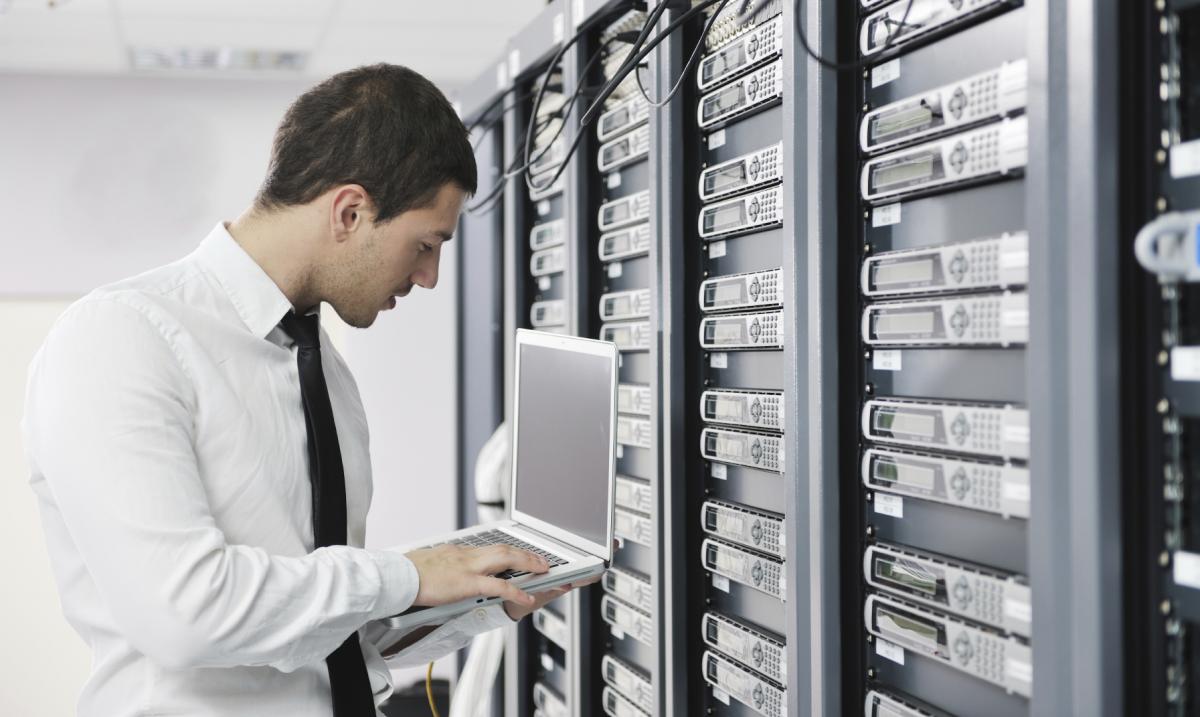
Submitted by Omkar on
Most modern businesses require some sort of a data center, however majority doesn't want to manage it, or simply have no expertise to do so. After all most organizations are not in the business of running a data center, and operating an in-house data center is not aligned with their core business.
This is why leveraging a co-location service from a data center provider is gaining popularity worldwide. There are numerous benefits of co-location services and here are some of the reasons why co-location can be right for your business.

Cost predictability and savings
Building an in-house data center is an expensive endeavor, by leveraging a data center provider; infrastructure businesses are avoiding expensive capital expenditures for a fixed operating expenditure model.
In-house data centers can rarely match higher levels of redundancy found in commercial co-location data centers. Aside from initial capital needed to build an in-house data center, cost amount for in-house support staff, as well as budgets for additional expansion is needed. On the other hand moving to a co-location center is generally less expensive than a cloud solution for organizations with heavy hardware utilization and longer refresh cycles. This can be compared to the difference between using a taxi for daily commuting and owning a car. A taxi service is a solution for short relatively infrequent trips, but for daily commuting owning a car makes better economic sense.
Businesses are looking for a pricing stability that most cloud environments cannot provide and with variety of cloud hosting india, businesses use budgeting becomes complex and often unpredictable. Storing data in the cloud is generally cheaper but can be surprisingly costly to get it back in case of a disaster.
Guaranteed 100% uptime
Modern co-location data centers have near 100% uptime due to the redundancies built into their facilities – this is one benefit that most businesses cannot achieve on their own.
Reliable co-location data centers have fully fault-tolerant network, uninterruptible power supply (UPS), emergency backup generators, and other systems that ensure customers experience no downtime during a natural disaster. Built-in redundancies ensure that provider can perform regular maintenance without taking a single customer offline.
Scalability
Co-location data centers empower customers to quickly scale up as their business grows and needs changes.
Adding racks is simple and easy, and generally more cost effective for growing organizations than expanding their own in-house data center.
Technical Support
Data centers support teams are available 24/7/365 to manage customer needs. Most co-location centers offer services such as replacing hard drives, physical reboots, and cabling of systems.
Additionally, most data center providers also offer fully managed support services, which can provide monitoring, maintenance, and management of the customer's’ OS and application layers. With co-location, businesses no longer need to worry about patch management and other support functions that consume so much time of their IT staff.
This type of support and regular maintenance is rather expensive for most internal IT staffs. With co-location service your IT staff can deal with more strategic issues within your company, and leave the daily operations to the co-location provider.
Compliance
Compliance has become the main point in planning, especially for industries that deal with highly sensitive data, such as financial or health care. Maintaining a compliant in-house data center is becoming exceedingly expensive.
Using a commercial co-location data center facility enables businesses to more easily and costs effectively maintain compliance with ever-changing federal regulations and industry standards. Many co-location facilities adhere to the specific administrative, physical, and technical safeguards and are HIPAA compliant. Many data center providers also offer HIPAA- and PCI-compliant disaster recovery (DR) services.
While the public cloud continues to grow in popularity, many financial and healthcare institutions still aren’t ready to put their most sensitive data into it. Co-location remains a popular, compliant option.
Security and Data Protection
Data breaches are increasing every year and there’s no end in sight. With data regulations becoming more strict, and penalties becoming more expensive, a data breach can spell disaster. Most co-location providers offer intrusion detection, intrusion prevention, and firewall services to reduce attacks. Businesses need secure environments and no one wants to be part of the next data breach headline.
Co-location facilities are hardened against forced entry, unauthorized access, fire and natural disasters. Data centers offer multiple layers of security including 24/7 onsite security, biometric security, and CCTV camera systems, cabinet and cage locks, in essence co-location data centers are extremely secure facilities.
Business Continuity and Disaster Recovery
Co-location service also provides additional peace of mind in the event of a natural disaster, power outage, or other unexpected event that can impact your primary place of business.
With co-location you are ensuring that your servers, equipment and applications will remain available and operational if the unexpected happens.


Add new comment